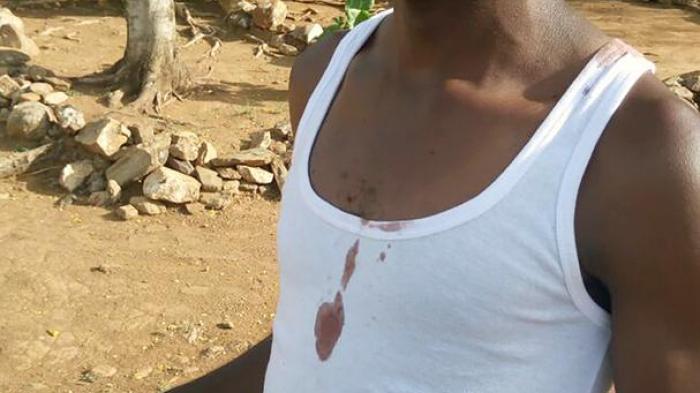كينيا
أبريل/نيسان 3, 2020
في انتظار العاصفة: "فيروس كورونا" في أفريقيا
بينما قد يبدو أن "فيروس كورونا" يصل إلى أفريقيا بشكل أبطأ من المناطق الأخرى، إلا أن مديرة قسم أفريقيا في "هيومن رايتس ووتش"، ماوسي سيغون،
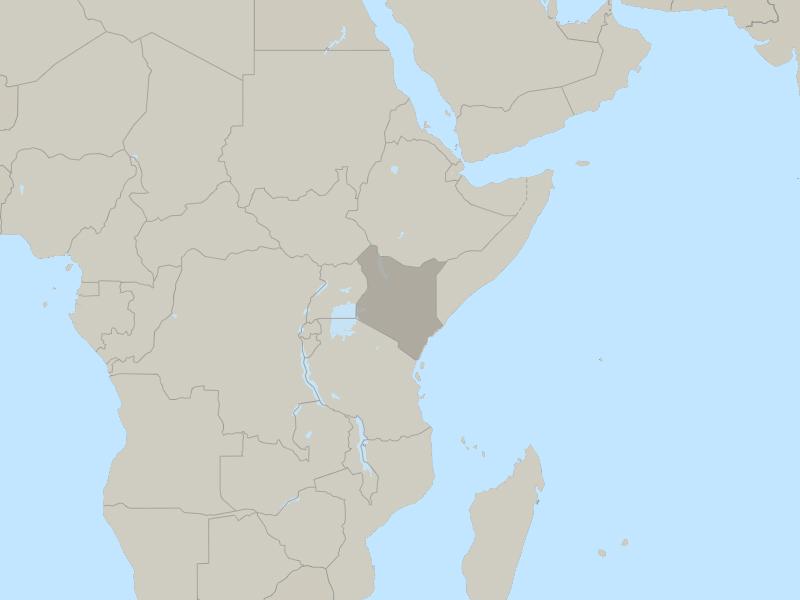
-
الصحةبينما قد يبدو أن "فيروس كورونا" يصل إلى أفريقيا بشكل أبطأ من المناطق الأخرى، إلا أن مديرة قسم أفريقيا في "هيومن رايتس ووتش"، ماوسي سيغون، في انتظار العاصفة: "فيروس كورونا" في أفريقيا
أبريل/نيسان 3, 2020
-
حقوق المثليين/ات، مزدوجي/ات التوجه الجنسي، وعابري/ات النوع الاجتماعي
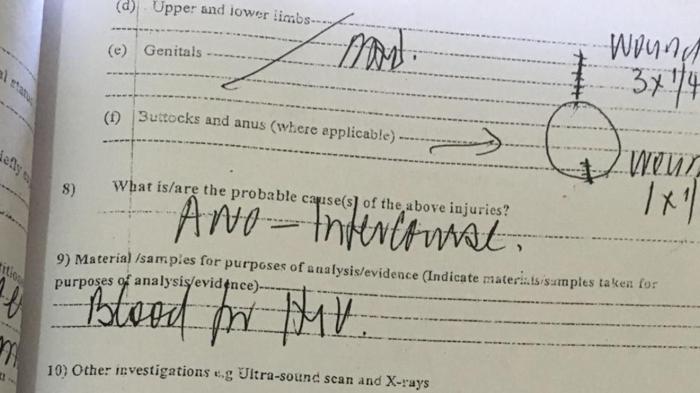 هيئة طبية عالمية تدين الفحوص الشرجية القسرية
هيئة طبية عالمية تدين الفحوص الشرجية القسريةأكتوبر/تشرين الأول 17, 2017
أخبار
-
اغسطس/آب 22, 2016
الولايات المتحدة: الأولوية للحقوق خلال زيارة كيري لأفريقيا والسعودية
فرصة للضغط من أجل التساوي في الحقوق وسلطة القانون
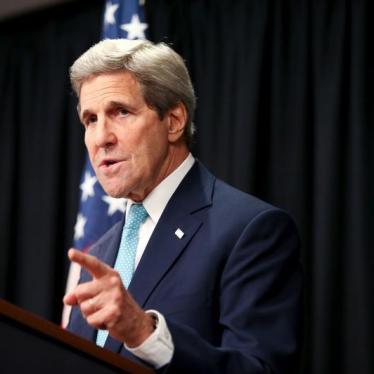
-
يوليو/تموز 12, 2016
على دول العالم حظر الفحوص الشرجية القسرية
"فحوصات" السلوك المثلي المسيئة تنتهك الحقوق
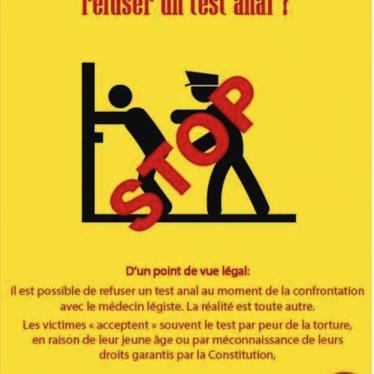
-
مايو/أيار 3, 2016
محكمة كينيّة ستنظر في قضية فحص شرجي قسري
"اختبار" المثلية الباطل ينتهك القانون الدولي
-
ديسمبر/كانون الأول 18, 2015
العمل بالخارج- ومواجهة الانتهاكات
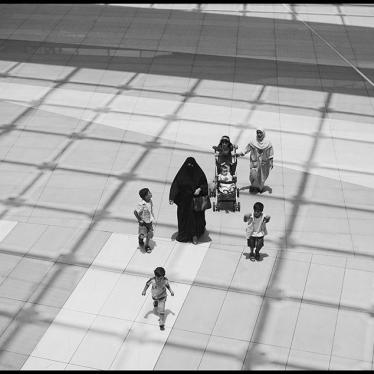
-
نوفمبر/تشرين الثاني 11, 2013
الصومال – تحقيق الاغتصاب معيب للغاية
مضايقة ضحية وشهود الهجوم المزعوم على أيدي جنود الاتحاد الأفريقي
-
مايو/أيار 29, 2013
كينيا - الشرطة تسيئ للاجئي نيروبي
اللاجئون يتعرضون للتعذيب والاغتصاب والابتزاز والاعتقال التعسفي بالقرب من قلب العاصمة الكينية
-
أكتوبر/تشرين الأول 10, 2012
على الأمم المتحدة أن تتصدى لزواج الأطفال في اليوم الدولي للفتاة
الفتيات المتزوجات يُحرمن من التعليم ويتعرضن للعنف وكوارث صحية
-
اغسطس/آب 19, 2011
الصومال: يجب وقف جرائم الحرب للمساعدة في مواجهة المجاعة
الانتهاكات التي ترتكبها جميع الأطراف تسهم في الأزمة الراهنة
-
اغسطس/آب 1, 2011
كينيا: يجب توفير الأرض لمخيمات اللاجئين الجديدة
نصف مليون صومالي تقريباً في حاجة لمساعدة فورية داخل الأراضي الكينية
-
نوفمبر/تشرين الثاني 30, 2010
أوغندا: محاكمة ناشط حقوقي كيني في قضية تفجيرات كمبالا
القضية تثير الشكوك حول كونها ملاحقة قضائية سياسية الدوافع


